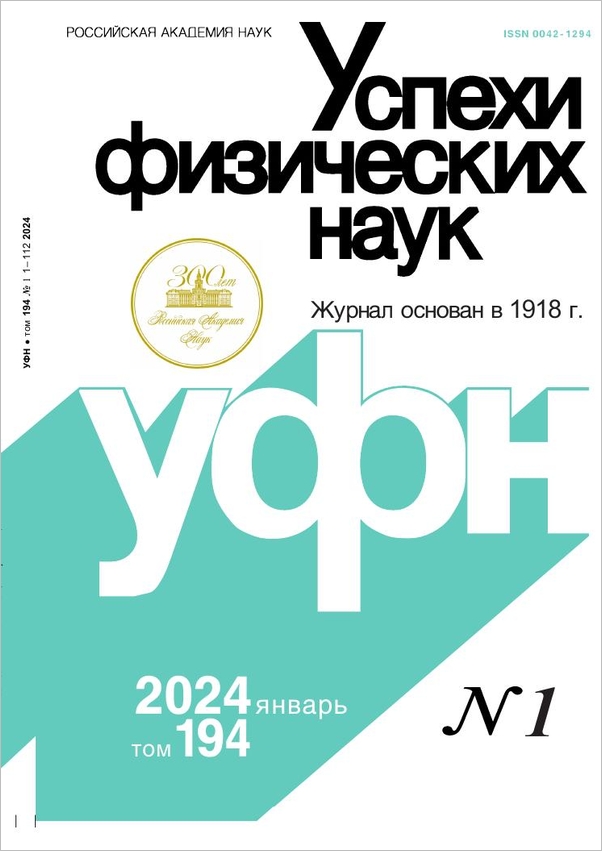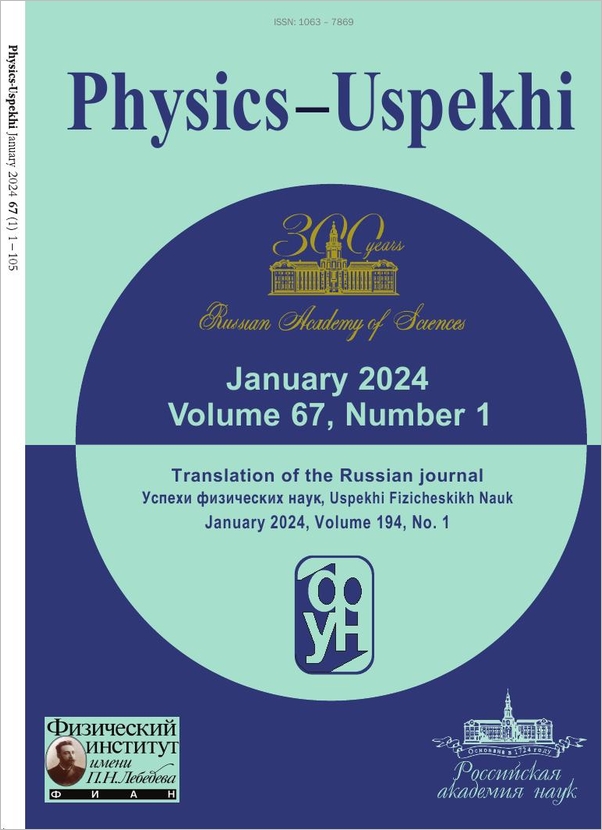|
90th ANNIVERSARY OF THE P.N. LEBEDEV PHYSICAL INSTITUTE (LPI). REVIEWS OF TOPICAL PROBLEMS
Schwinger–DeWitt technique in quantum gravity
A. O. Barvinskyab, W. Wachowskia
a Lebedev Physical Institute, Russian Academy of Sciences, Moscow
b Institute for Theoretical and Mathematical Physics, Lomonosov Moscow State University
Abstract:
This paper consists of two parts. The first is a review of the classical Schwinger–DeWitt technique for calculating the effective action in quantum field theory and quantum gravity. We systematically present the background field and heat kernel methods and the calculation of heat kernel coefficients for minimal second-order operators, and apply these methods to calculations of the divergent part of the one-loop effective action. We then discuss the method of universal functional traces, which is also applicable to higher-order minimal and nonminimal operators. In the second part, we discuss new results obtained recently on off-diagonal heat kernel expansions for higher-order minimal operators. These expansions, which generalize the standard DeWitt ansatz, are shown to have the form of a double functional series in some new special functions, which we call the generalized exponential functions. The properties of these functions and expansions constructed from them are discussed in detail, including the presence of terms with arbitrarily large negative powers of the proper time. Finally, we discuss two different covariant methods for calculating the coefficients of off-diagonal expansions: a generalized Fourier transform and the perturbation theory.
Received: October 30, 2023
Revised: January 30, 2024
Accepted: February 16, 2024
Citation:
A. O. Barvinsky, W. Wachowski, “Schwinger–DeWitt technique in quantum gravity”, UFN, 194:8 (2024), 795–813; Phys. Usp., 67:8 (2024), 751–767
Linking options:
https://www.mathnet.ru/eng/ufn15793 https://www.mathnet.ru/eng/ufn/v194/i8/p795
|


| Statistics & downloads: |
| Abstract page: | 104 | | Full-text PDF : | 3 | | References: | 20 | | First page: | 11 |
|





 Contact us:
Contact us: Terms of Use
Terms of Use
 Registration to the website
Registration to the website Logotypes
Logotypes









 Citation in format
Citation in format 